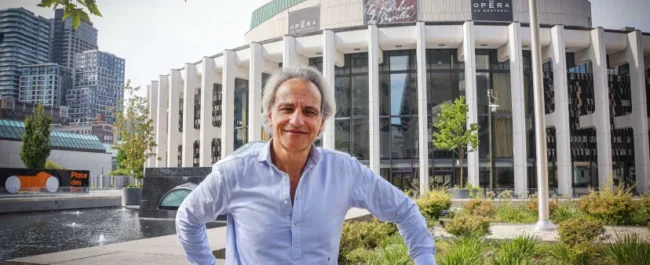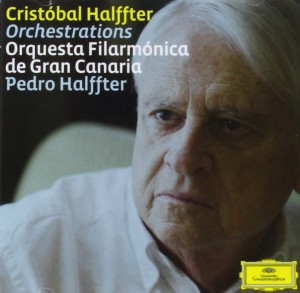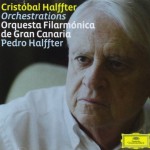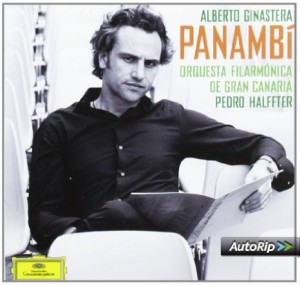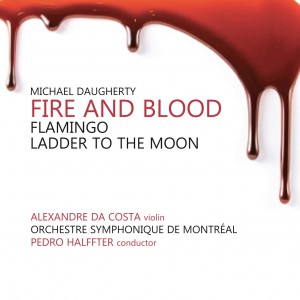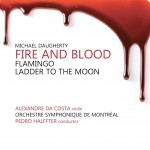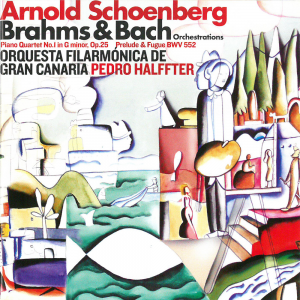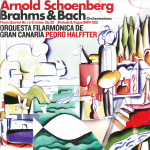A “Barber of Seville” in good custody
It is with Rossini’s most famous opera, The Barber of Seville, that the Opéra de Montréal will begin its 2024-2025 season on Saturday. The show, presented four times until Sunday, October 6, will be conducted by Spanish maestro Pedro Halffter, who made a strong impression with Madame Butterfly in 2023 when he first arrived in Montreal.
The Barber of Seville is not just a title for a work in Rossini’s generic musical style. “Opera owes much to the tenor Manuel García, who created the role of Almaviva in Rome in 1816. He is the most important tenor of the 19th century. The little arietta with guitar for Rosina was written by Manuel García. It’s an import into Rossini’s opera,” says Pedro Halffter, who was the music director of the Seville Symphony Orchestra for many years.
Pedro Halffter also sees the Sevillian influence in “the presence of dances in the opera, the sevillana that sets the rhythm at the end of the second act, for example. I truly believe that Manuel García dictated it to Rossini. There’s also the fandango. The opera begins to the rhythm of the fandango! There are Spanish and Sevillian rhythms, and I’m convinced this is information García passed on to Rossini.”
The conductor will be delighted to reunite with the Orchestre Métropolitain, which he managed to make sound so good in Madame Butterfly despite the unforgiving acoustics of the Wilfrid-Pelletier hall. “I conduct a lot of Puccini. I think it’s very important that the flutes, oboe, clarinet, and bassoon are close to the violins and that the placement of the trombones and double basses is as compact as possible: this way, the basses have a better-balanced tone. For Rossini, the challenges will be different: you need to find a bright, fresh, and very precise sound. I’ll discover the challenges in the hall, but I’ll be aiming for that sound.”
Singer Lineup
When one mentions The Barber of Seville in Montreal, a curious memory surfaces of the 2009 production that started with the idea that “Seville is oranges” and subsequently played with the color orange and repetitive comedy, pushing the concept to exhaustion. You’d almost think you were somewhere other than an opera in a major North American metropolis.
The Wilfrid-Pelletier hall, which had Frédéric Antoun as Almaviva in 2009, showcased Étienne Dupuis as Figaro in 2014 in a much more successful production by Oriol Tomas, who remembered that Le Barbier is an opera buffa, a comic opera. Thus, the director made it his mission to make us laugh as often as possible.
In 2024, the production will be entrusted to Joan Font, director of the Catalan company Els Comediants. This production aims to combine opera, acrobatics, circus, and pantomime to create “a colorful and whimsical visual universe that wonderfully translates Rossini’s comic essence,” says the Opéra de Montréal.
After Frédéric Antoun as Almaviva in 2009 and Étienne Dupuis as Figaro in 2014, this time the Quebec vocal stars will be Hugo Laporte as Figaro and Pascale Spinney as Rosina. As for the director, Joan Font, he is no stranger here, having staged a memorable Cenerentola by Rossini in 2017. At that time, it was written: “International-caliber opera is possible in Montreal. The proof is in this Cenerentola by Joan Font, which has been seen in many places for 10 years and was filmed in January 2008 in Barcelona.”
If The Barber experience proves as successful, it’s worth noting that Joan Font, director of the closing ceremony of the Barcelona Olympics, still has another Rossini production up his sleeve: the irresistible L’Italiana in Algeri, while Quebec and Canada have no shortage of mezzo-sopranos ready to magnify this role.
Also, in a month, on October 26, the Opéra de Québec will kick off its season with another Rossini opera, but one that takes more risks and appeals more to our musical curiosity, with a rare, original, funny, and utterly mad work: Le Comte Ory.
The Barber of Seville
Rossini’s opera. Starring Hugo Laporte (Figaro), Pascale Spinney (Rosina), Alasdair Kent (Almaviva), Omar Montanari (Bartolo), Gianluca Margheri (Basilio), the Chorus of the Opéra de Montréal, the Orchestre Métropolitain, conducted by Pedro Halffter. Directed by Joan Font. Sets and costumes by Joan Guillén. Lighting by Anne-Catherine Simard Deraspe. At the Wilfrid-Pelletier hall on September 28, and October 1 and 3 at 7:30 p.m., and Sunday, October 6 at 2:00 p.m.





